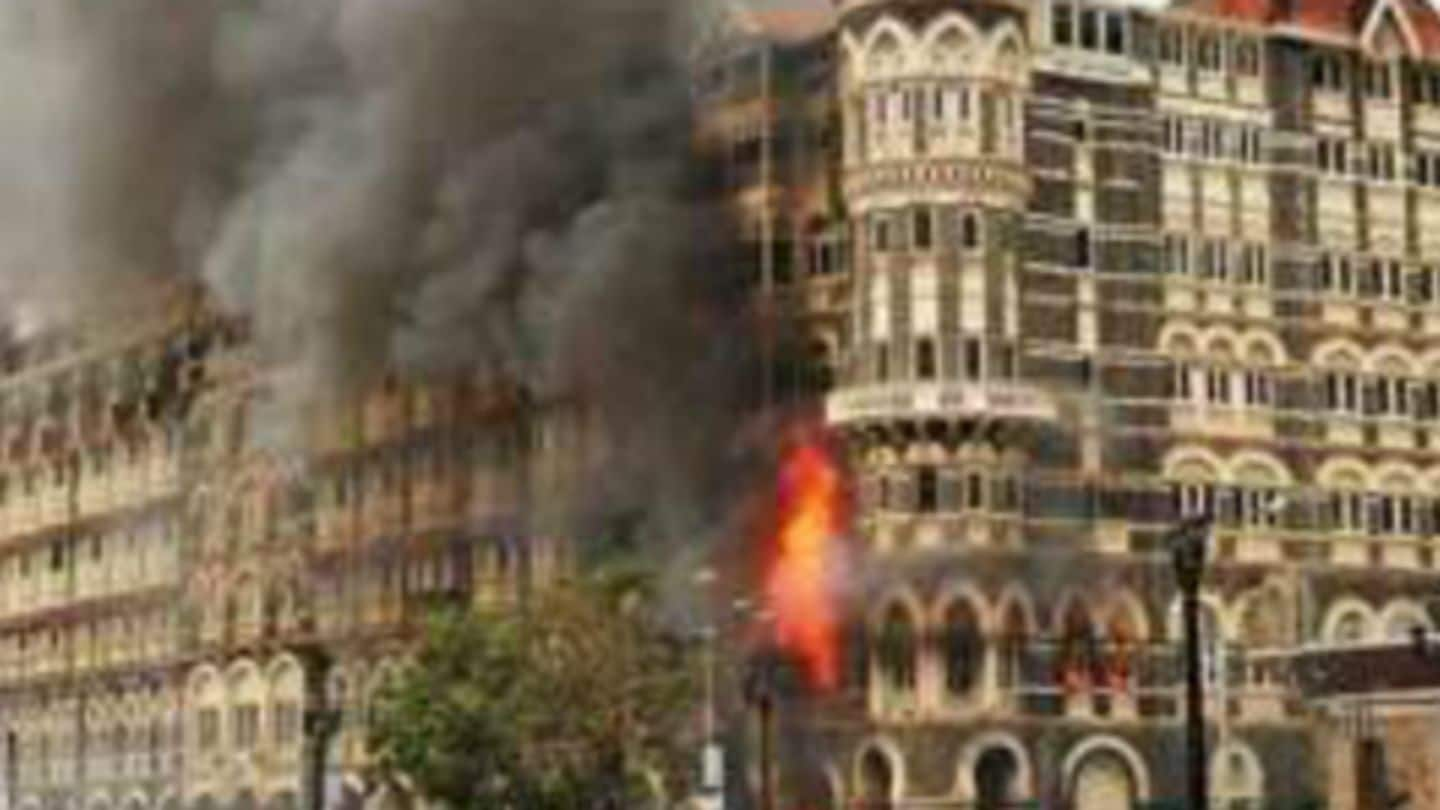
Ten years after 26/11, states haven't taken counter-terrorism forces seriously
What's the story
On November 6, Union Home Secretary Rajiv Gauba will speak to DGPs and home secretaries of states to discuss the NSG audit, which was done ten years after the deadly 26/11 attacks. The agenda of the meeting is to discuss counter-terrorism capabilities of states. The NSG audit was done on recommendations of the Home Ministry and took into account 20 states. Here's more.
The audit
In audit, it was found how well states are prepared
In the audit by the elite force, states' apparatus to battle terrorism was focused on. Punjab, Uttar Pradesh, and Bihar made to average and below average category while Gujarat, Delhi, Tamil Nadu, and Karnataka police were in good category. Andhra Pradesh, Telangana, and Maharashtra got placed in the very good category. The audit happened between March and June this year, HT reports.
Details
Some states don't have dedicated counter-terrorism forces
The audit took into account Organization Structure, Manpower Management, Equipment, Weaponry, and Mobility. It was also found that some states lacked a dedicated counter-terrorism force. In some cases, they transferred police personnel and showed them as counter-terrorism force. After 26/11 attack, it was decided that all states will have a counter-terrorism force, which will be the first responder in case of attack.
Forces
Despite orders, states don't have forces dedicated to tackle terrorism
Notably, NSG was tasked with the training of these forces. Octopus in Andhra Pradesh and Telangana, Force One in Maharashtra, and Chetak in Gujarat are the counter-terrorism forces. Punjab, which has spent years battling Khalistani forces, doesn't have such a force and in Haryana, Kavach, meant to handle terrorism, was announced recently. Experts believe the faster deployment of these forces can save lives.
Views
Odisha's ex-DGP says states can reap benefits by spending less
Prakash Mishra, former DGP Odisha, and CRPF said it is up to states to take the initiative. He said many states don't give priority to such forces. "Others mistake anti-Maoist forces to be special ops groups. They do so at their peril. The task of each is different and needs a different approach," he said. He added that expenditure is small, but benefits many.